Latest Posts
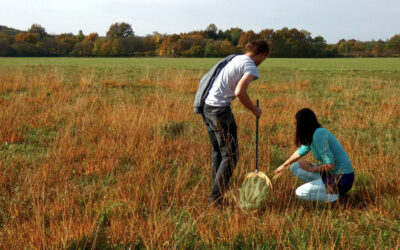
Development of innovative agri-environmental contracts in contracts2.0 case study regions
In three countries that established Contract Innovation Labs in one or several case study regions explicit changes have been made in ...
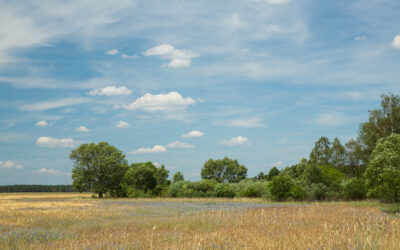
Are agri-environmental measures effective in protecting farmland birds?
We assessed the effects of two agri-environmental measures targeting cropland birds implemented by three farmers collectives in the Netherlands. Results show ...
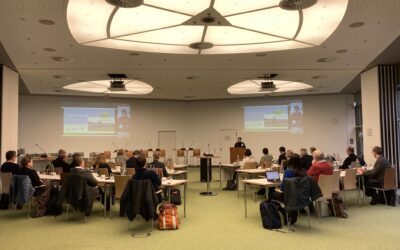
Closing Event: Contract and Policy Innovation Lab North Rhine Westphalia
On 27 January 2023, the German Farmers' Association (DBV), the Westphalian Landscape Foundation (SWK) and the Rhenish Landscape Foundation (SRK) jointly ...

Contracts2.0, CONSOLE & EFFECT: Academic Workshop in the Netherlands
On February 9 2023, Dutch academic partners of the three sister projects contracts2.0, CONSOLE and EFFFECT organized a workshop on the topic ...
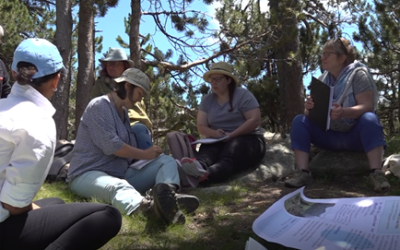
Contracting on the Commons – Insights from a Multi-Stakeholder Meeting
In July 2022, an Inter-CIL-Meeting gathered members of the Contract Innovation Labs in the Hautes-Pyrénées in France to learn with and ...

Now You See Me – Can Consumer-Labels help promote the Provision of Ecosystem Services?
Many studies show that consumers may be willing to pay a premium for food products with additional value such as regional ...

Beyond Research: What’s your favourite contracts2.0 case study?
Over the past 3.5 years, Contracts2.0 partners have worked on agri-environment-climate-measures in and with various regions and its stakeholders. Many valuable ...
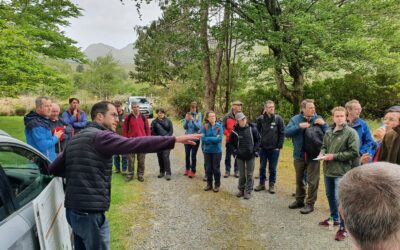
Combining collective agri-environmental contracts with a payments-by-results approach
In his Master thesis, Max Sonntag analysed the potential for combining collective and payment-by-results elements for agri-environmental contracts, based on interviews ...
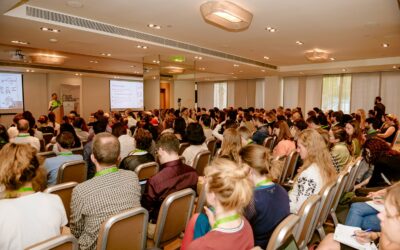
Contracts2.0 at the ESP Europe Conference
The Ecosystem Service Partnership Conference offered a welcome opportunity to discuss the topics and research of Contracts2.0. From the 10th until ...

